13 Everyday Things That Should Never Sit in a Cold Car
When winter weather arrives, we need to reassess what we leave in our vehicles. Many items can become damaged by the cold or cause unwanted problems if not properly stored. Items like snacks, medicines, and personal care products can be easily affected by freezing temperatures. It is important to remember that some things should never be left behind when it gets chilly.
This post may contain affiliate links, which helps keep this content free. Please read our disclosure for more info.
Batteries

Cold temperatures can have a significant impact on batteries, especially lithium-ion ones. Leaving them in a cold car can cause them to lose charge faster or even stop working entirely. Car batteries are also vulnerable to freezing in extremely cold weather, leading to potential failure. It is always best to remove extra batteries or electronics that rely on them to ensure they remain functional when needed.
Batteries should be stored in a warmer environment to maintain their lifespan. For example, keeping them inside your home or in a temperature-controlled space can prevent the damaging effects of cold. In extreme cases, a frozen battery can leak or even cause a fire. Protect your investment by storing batteries in a safe, dry location.
Electronics

Electronics such as phones, tablets, or laptops can become damaged when exposed to extreme temperatures. Cold weather can cause screens to crack or malfunction, and batteries can fail or drain much faster. Leaving your devices in the car can also result in loss of data or complete system failure due to freezing. When temperatures drop, it is important to bring your electronics inside where they can be kept at room temperature.
Not only does cold weather harm electronics, but drastic temperature changes can also cause internal damage. The cold can cause metal components to contract, leading to performance issues. To avoid unnecessary repairs or replacements, always take your electronics out of the car when it gets chilly outside.
Food
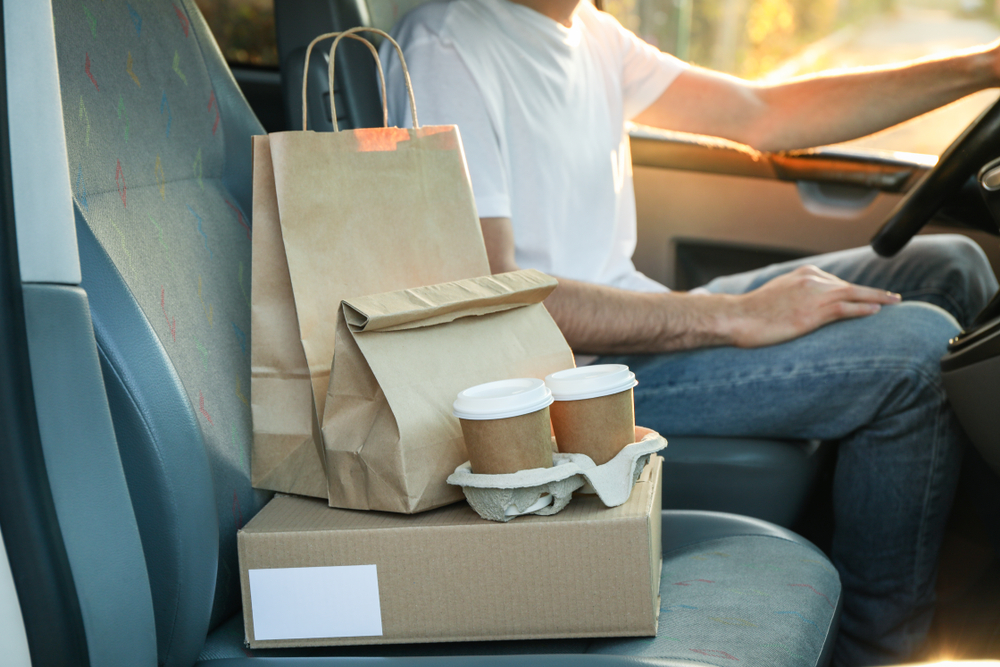
Food can spoil quickly when left in the car during the winter. While freezing might seem like a good way to preserve it, the quality of many foods can degrade in cold temperatures. Foods with high water content, such as fruits and salads, can freeze, thaw, and then spoil rapidly. Dairy products, for example, can curdle or separate after being exposed to low temperatures for too long.
Frozen foods left in the car may also thaw unevenly, creating health risks. Even packaged snacks, such as chips or chocolate, can become stale or lose flavor when exposed to the cold. Always remember to store food in a cooler or inside your home to ensure freshness and safety.
Medications

Many medications require specific storage conditions to maintain their effectiveness, and extreme cold can alter their chemical structure. Insulin, for example, can lose potency if exposed to freezing temperatures. Even over-the-counter medications like pain relievers or antihistamines may not work as intended if left in a freezing car. It is best to store your medications in a temperature-controlled environment.
Leaving medications in your car for extended periods during cold weather can lead to a waste of money and potential health risks. Always keep medications in a consistent temperature range, typically between 59°F and 86°F. This simple habit can help you avoid needing replacements or facing unwanted health complications.
Cosmetics and Skincare Products
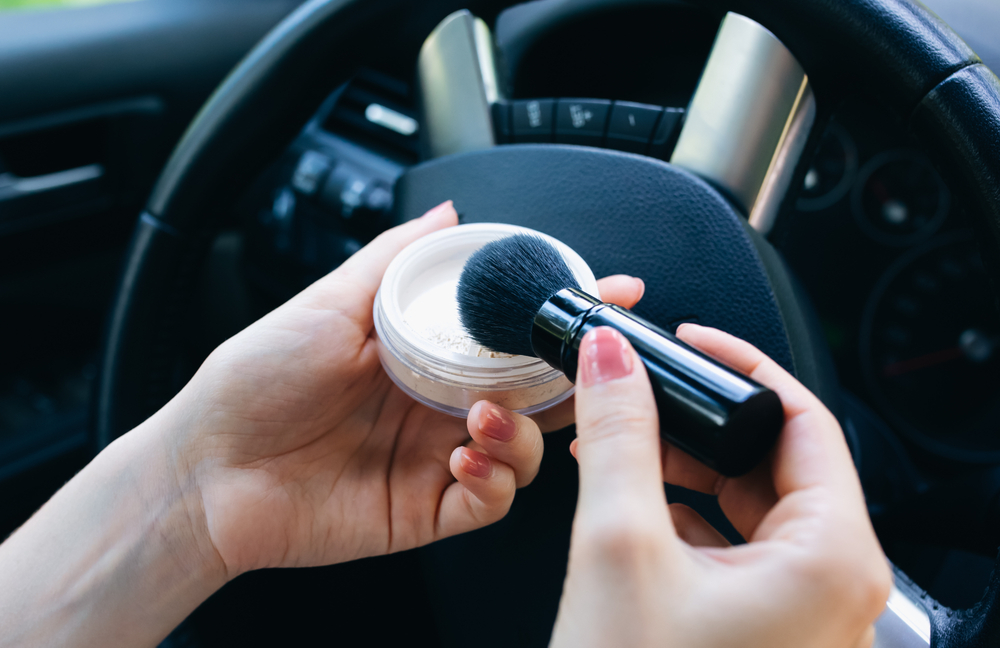
Cold temperatures can cause changes in the texture and composition of many skincare and cosmetic products. Lotions, creams, and makeup can separate or become ineffective when exposed to extreme cold. Lipsticks may lose their smooth consistency, while facial moisturizers can thicken or separate. To ensure your products work as intended, it is important to store them in a climate-controlled space.
Products like perfumes and foundations can also change in smell or consistency after being frozen. The chemical formulations of beauty products are designed for stable conditions, and fluctuating temperatures can alter their performance. Make it a habit to take your cosmetic bag with you to avoid wasting money or compromising your beauty routine.
Cans of Soda or Beer
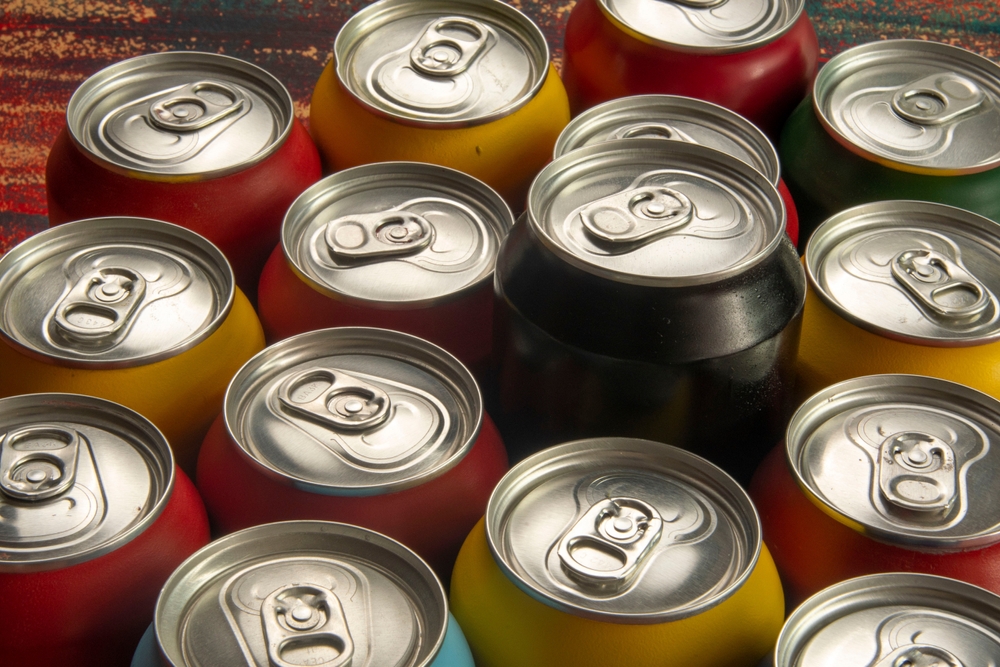
Cans of soda or beer are another item that can be negatively affected by cold temperatures. When liquids freeze, they expand, and this can cause cans to burst. A can of soda that freezes in your car could make a huge mess when it thaws. The carbonation inside also becomes unstable, ruining the taste and texture of your drink.
If you store cans in a car during winter, they are more likely to burst if left for too long. It is better to store drinks in a safe, warm place, especially if you plan on consuming them soon. Even if the can does not explode, the taste may be unpleasant, so it is always best to keep your beverages inside.
Pet Supplies
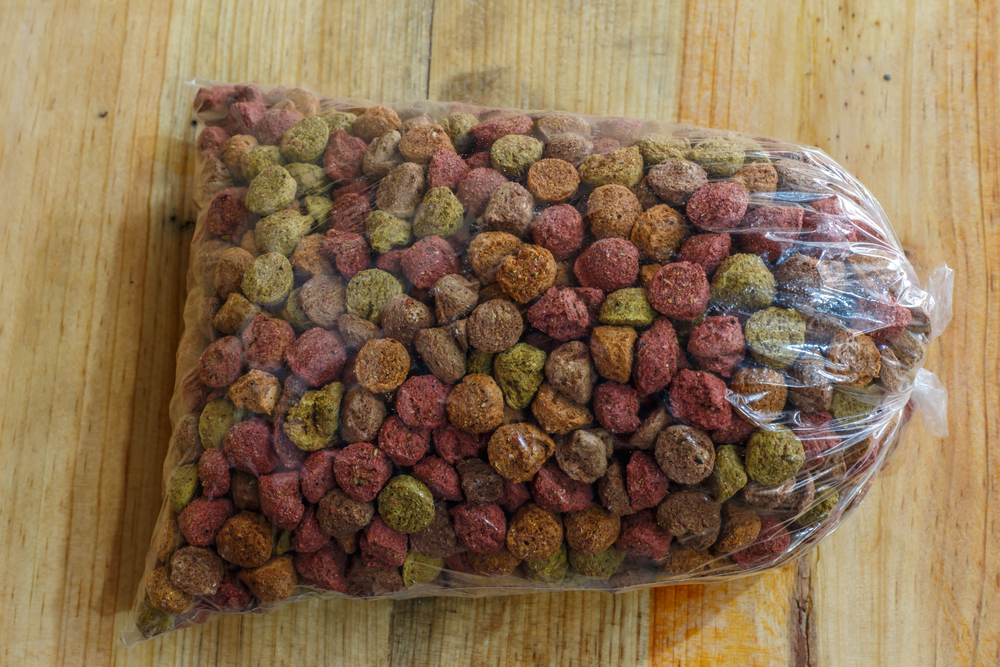
Leaving pet supplies like food, treats, or toys in the car during cold weather can lead to spoiled products. Food items, such as pet kibble or canned food, can freeze or lose nutritional value. Additionally, any treats left in the car may become hard or lose their flavor. Even pet toys made from rubber or plastic can become brittle and break in the cold.
For your pet’s health and safety, it is best to keep their supplies stored inside. If your pet is traveling with you, always ensure that food and treats are packed in insulated bags or coolers. This will ensure that your pet’s meals are fresh and their toys are safe to use.
Gasoline
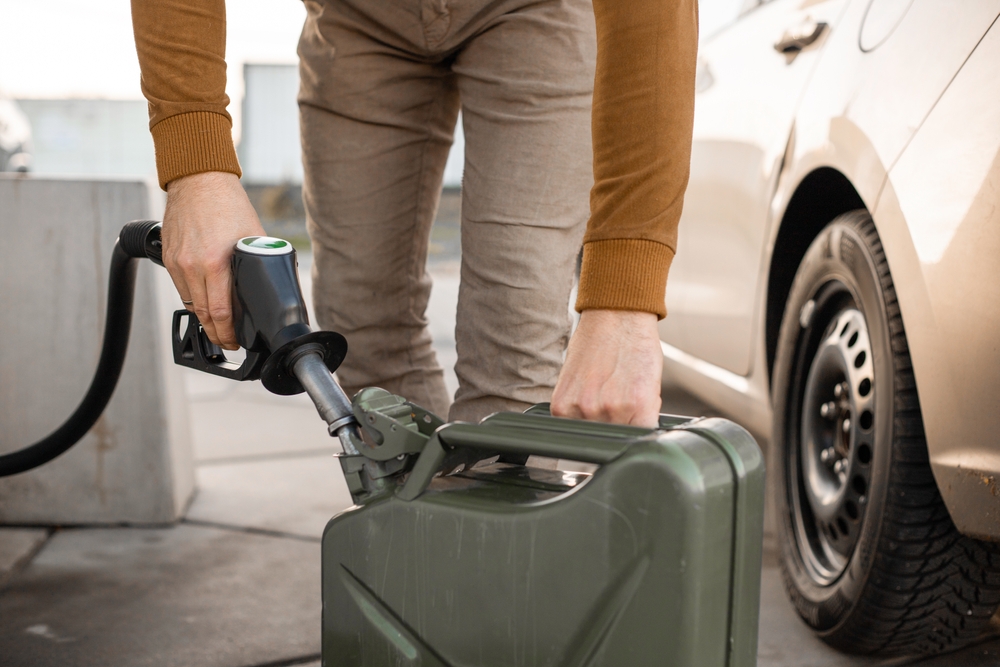
Gasoline can freeze in extremely cold temperatures, making it difficult for your car to start. If you leave gasoline in your car or gas canisters outside, they could cause your car to run poorly or even not start at all. Gasoline also becomes less efficient and may clog your fuel system when it’s exposed to extremely low temperatures.
To avoid damaging your car or running into problems, never leave gasoline or fuel containers in the cold for long periods. Keep your car’s tank at least half full during the winter to prevent the fuel from freezing and to maintain engine performance. This simple tip helps your vehicle perform well throughout the colder months.
Makeup Brushes
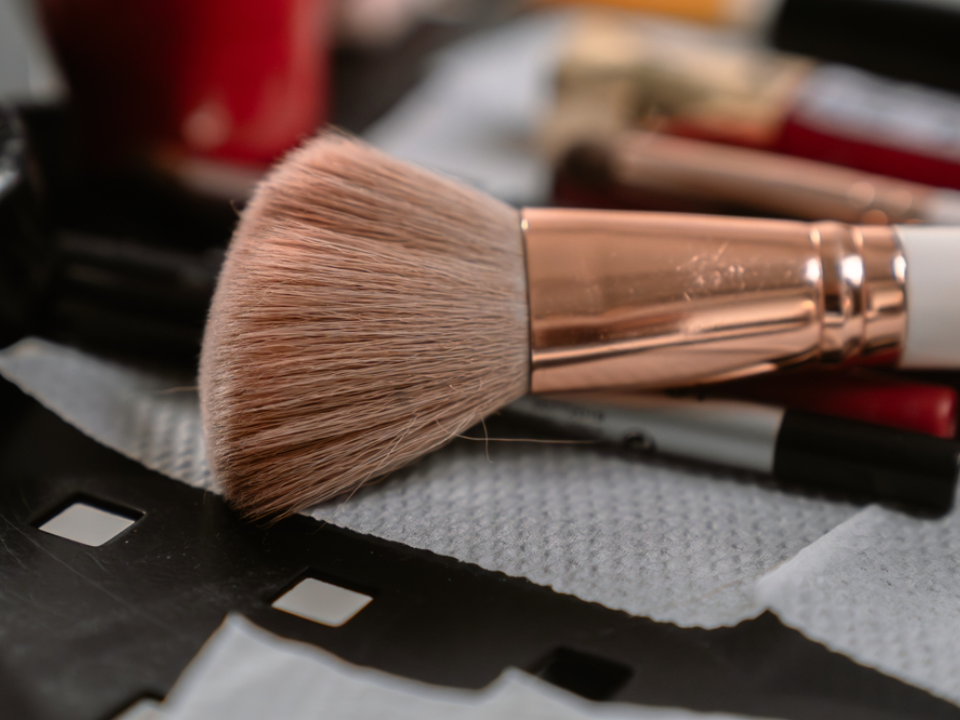
Makeup brushes, especially those with natural bristles, can be damaged by cold temperatures. Freezing weather can cause the bristles to become brittle, which may result in breakage or poor application. Additionally, makeup products left in a cold car may harden and become difficult to apply properly.
When heading out, make sure to keep your makeup brushes in a case or bag inside your home. Storing them inside a temperature-controlled environment will help maintain their shape and effectiveness. Regularly cleaning and storing your brushes properly will ensure they last much longer and continue to perform well.
Ink Pens and Markers
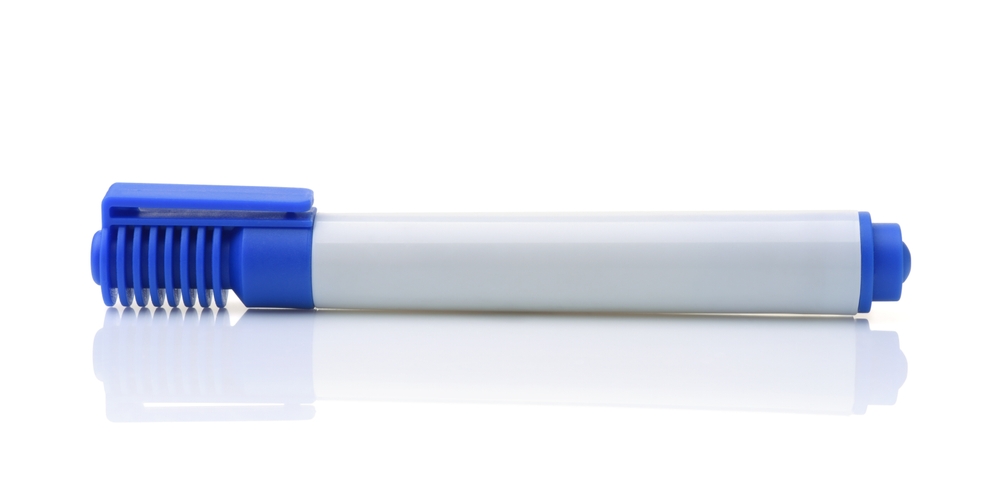
Cold temperatures can cause ink to freeze, which leads to clogged pens and markers. Even when the ink thaws, the pen may no longer work properly, leaving you with a dried-up writing tool. Fine-tipped pens and markers are especially sensitive to cold weather, often resulting in poor-quality writing after being frozen.
To avoid these issues, always store your pens and markers in a warmer place, such as a desk drawer or bag. If you need to keep writing instruments in your car, consider using a container that helps insulate them from the cold. This simple step can save you money on replacements and keep your writing tools functional.
Sunglasses
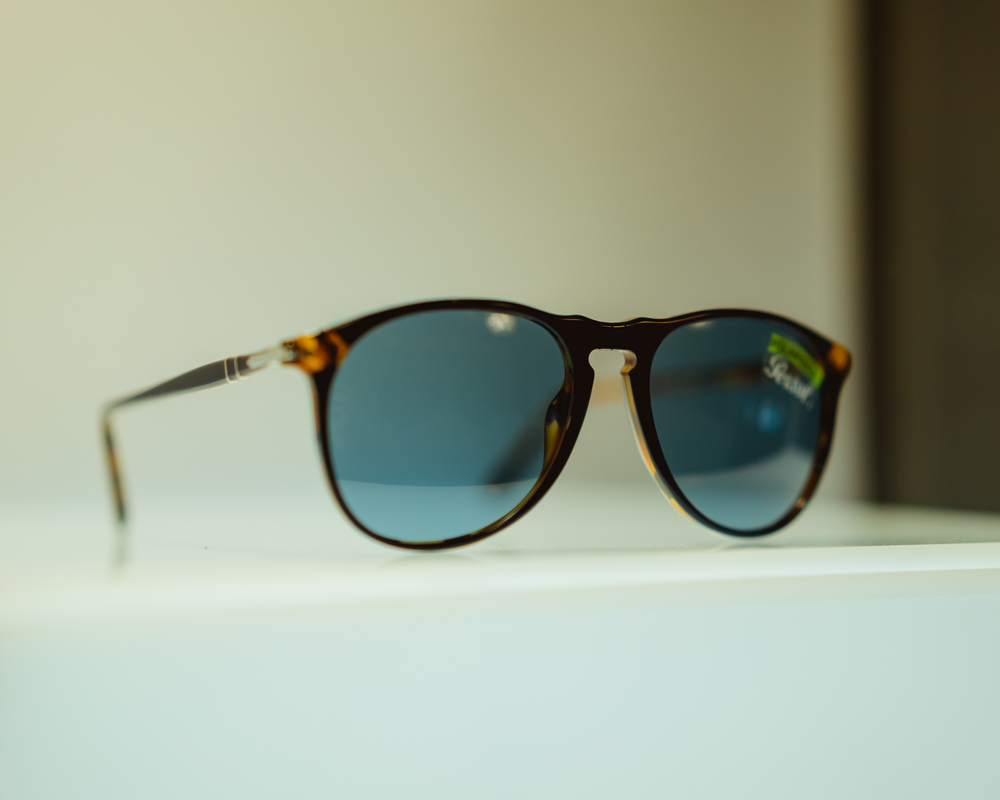
Sunglasses may seem durable, but cold weather can cause their lenses to crack or distort. The cold can make plastic frames more brittle, which may lead to breaks or permanent damage. Additionally, leaving sunglasses in the car for extended periods can affect their coatings and tints.
It is best to store sunglasses inside a case when traveling, especially in cold weather. Keeping them in a warm place, like a bag or inside your home, will prevent damage. This small habit can help your sunglasses last longer and continue protecting your eyes.
Flashlights

Flashlights left in cars during the winter can quickly lose their charge or fail altogether. Cold temperatures affect the battery life, causing them to drain faster. In some cases, the flashlight’s light may flicker or fail to turn on due to freezing temperatures.
To ensure your flashlight works when you need it, store it inside where the temperature is stable. If you’re traveling and need to keep it in your car, consider keeping extra batteries in a warmer spot. This will help maintain the flashlight’s functionality during emergencies.
Clothing
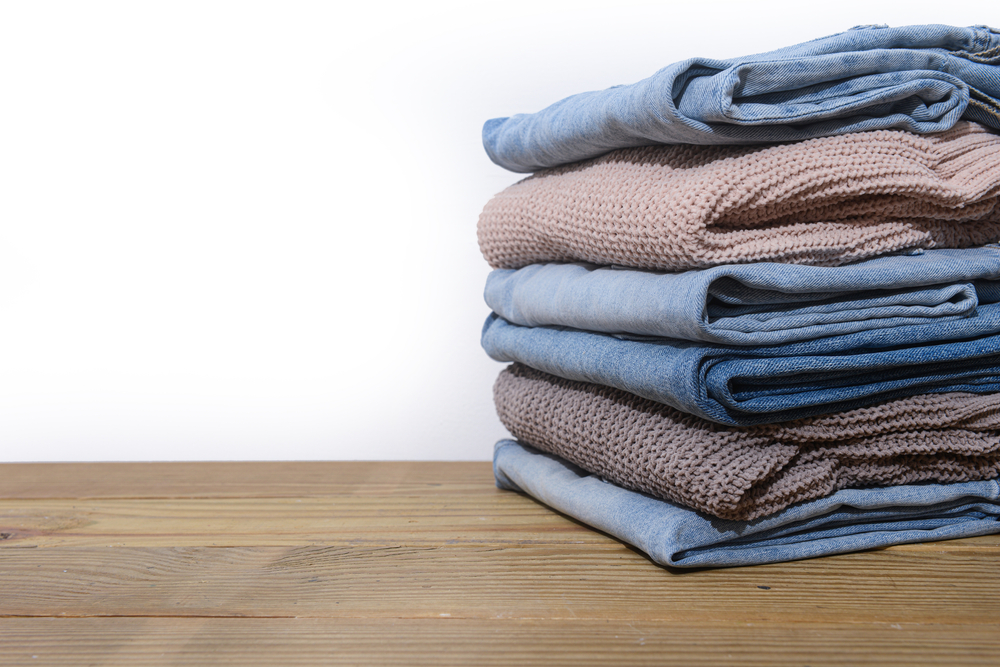
Clothing left in a car can become stiff and uncomfortable when the temperatures drop. Fabrics like wool or cotton may freeze and become difficult to wear. Even jackets, scarves, and gloves can lose their warmth if exposed to the cold for too long.
Always remove your clothing items from the car to prevent them from becoming too cold to wear. It is best to keep extra clothes in a bag or carry them with you if you’re out and about. This will help you stay warm and comfortable during colder weather, no matter where you go.
This article originally appeared on Avocadu.
